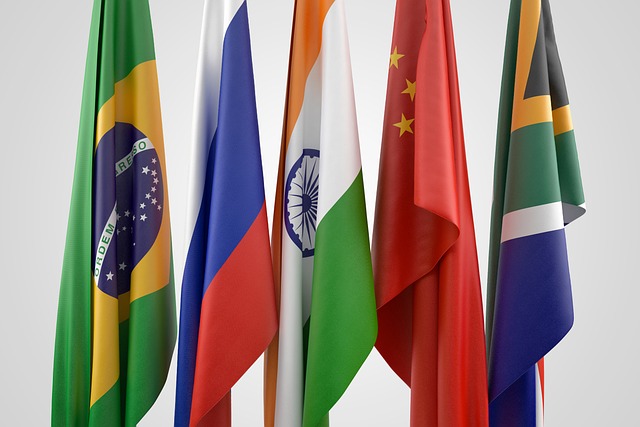The Growing Influence of BRICS on International Trade
BRICS
By Global Dropoff Logistics (GDL)
2/4/20252 min read


The BRICS bloc—comprising Brazil, Russia, India, China, and South Africa—has emerged as a significant force in shaping global trade dynamics. With their collective economic power, these nations are challenging traditional Western-dominated trade structures and introducing new opportunities for emerging markets.
BRICS and Global Trade
The BRICS nations account for about 40% of the world’s population and nearly 25% of global GDP. Their trade policies, economic cooperation, and investment strategies are reshaping international commerce in several key ways:
1. Reducing Dependence on the U.S. Dollar
One of the most notable moves by BRICS is its effort to reduce reliance on the U.S. dollar in trade transactions. The bloc has been advocating for the use of local currencies and alternative payment systems, which could diminish the dominance of the dollar in global trade and finance.
2. Increasing South-South Trade
BRICS has facilitated greater trade among developing nations, reducing dependency on Western economies. This has led to more diversified trade routes, increased investment in infrastructure, and new economic partnerships across Asia, Africa, and Latin America.
3. Trade Agreements and Economic Collaboration
BRICS has launched initiatives such as the New Development Bank (NDB), which funds infrastructure projects in member and non-member developing countries. These efforts boost trade capacity and economic stability in the Global South.
4. Challenging Western Economic Sanctions
With increasing geopolitical tensions, particularly involving Russia and China, BRICS has been a platform for nations affected by Western sanctions to continue trade. Alternative financial systems and agreements between BRICS members have allowed sanctioned nations to bypass restrictions imposed by the U.S. and EU.
5. Expanding Membership and Influence
In recent years, BRICS has shown interest in expanding its membership to include other emerging economies. Countries like Saudi Arabia, Iran, and Egypt have expressed interest in joining, which could further shift the balance of global trade and economic power away from Western dominance.
Challenges and Future Prospects
Despite its growing influence, BRICS faces challenges such as economic disparities between members, political differences, and logistical barriers to fully integrated trade policies. However, if the bloc successfully expands its economic partnerships and strengthens financial mechanisms, it could reshape global trade patterns significantly.
Conclusion
The BRICS bloc is altering the landscape of international trade by promoting financial independence, fostering South-South cooperation, and challenging Western economic dominance. As its influence grows, businesses and policymakers worldwide must adapt to the new economic realities shaped by BRICS-led trade initiatives.
Written by Global Dropoff Logistics (GDL): Providing warehousing, logistics, and consultancy services to enhance bi-lateral trading between Africa and the diaspora.